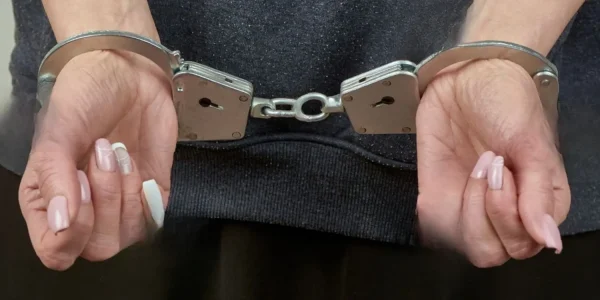Criminal Law
Turkish Criminal Law is an important branch of law designed to protect the peace and order of society and to secure the rights and freedoms of individuals. In our country, crimes regulated in the Criminal Code and related legislation are met with certain penalties. The role of turkish criminal law lawyers is vital in this process.
Crimes and Punishments in Turkish Criminal Law
The Turkish Penal Code defines various crimes and sets penalties for these crimes. Crimes such as theft, fraud and murder form the basis of criminal law. Each crime carries a specific penalty, which may vary depending on the nature of the crime, the manner in which it was committed and various other factors.
There are many different types of cases under Turkish Criminal Law, but some may be more common than others.

Here are some of the most common case headings in Turkish Criminal Law:
Theft and Robbery: Various types of theft crimes such as real estate theft, vehicle theft, shoplifting are common.
Voluntary Manslaughter: This is the act of one person intentionally killing another person. Murder cases fall under this category.
Mutilation and Intentional Injury: The act of one person intentionally harming another person. Under this heading, there are various degrees of injury offenses.
Drug Manufacturing and Trafficking: The crimes of manufacturing, selling or trafficking in narcotics are among the frequently encountered case titles.
Threat and Blackmail: It is also common for a person to threaten or blackmail another person in order to harm or intimidate them.
Sexual Assault and Rape: Sexual assault and rape are also common crimes in Turkish Criminal Law and carry serious penalties.
Fraud and Forgery: Financial crimes such as bank fraud and credit card fraud are among the most common cases.
Offenses Related to Traffic Accidents: Crimes related to traffic accidents such as causing death or injury as a result of negligence, drunk driving are also common.
Carrying and Using Weapons: Crimes of illegal carrying and use of weapons are also among the most common cases in Turkish Criminal Law.
The main purpose of the investigation is to determine whether the suspicion of a crime is sufficiently high to require a trial. In this sense, the prosecutor investigates whether there is sufficient evidence and whether the acts in question are considered as criminal by the criminal law.
Reliable Defense with Antalya Criminal Lawyer
The services of a qualified and proficient lawyer are of great importance for those seeking a criminal lawyer in Antalya. In a criminal case in Antalya, the guidance and defense of a competent lawyer is crucial to act quickly and effectively.
Professional Support in Turkish Criminal Law
You can get professional support from Baris Erkan Celebi, an qualified Turkish criminal lawyer, in all matters related to criminal law in Turkey.
Choosing a lawyer who will guide you in all matters related to Turkish criminal law and vigorously defend your rights will ensure that you have a fair trial.
More About Criminal Law
How to Report a Scam in Turkey in 5 Steps? If you have fallen victim to a scam in Turkey or suspect you may have been targeted, follow these simple steps: Table of Content Make Sure It is a Scam and Not a Civil Dispute...
What to Do If You are Scammed in Turkey? Falling victim to a scam in Turkey can be distressing, especially when you’re unfamiliar with the local legal system. Understanding your rights and the necessary steps to take can offer reassurance and a pathway to resolution....
Fraud in Turkish Law How is Fraud Defined in Turkish Law? The crime of fraud in Turkish law is defined as deceiving another person through deceptive acts and profiting from these acts at the expense of the deceived party or of a third party. By...
WHAT TO DO IF YOU ARE DETAINED OR ARRESTED IN TURKEY? Finding yourself detained or arrested in a foreign country can be a distressing experience. Here’s a guide on what to do if you find yourself or someone you know arrested in Turkey or detained...



